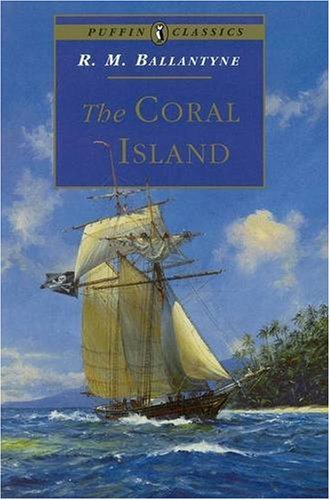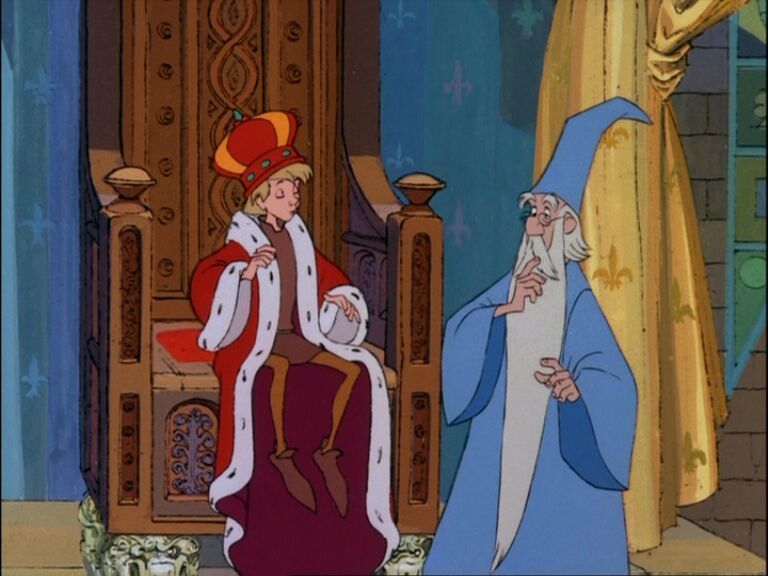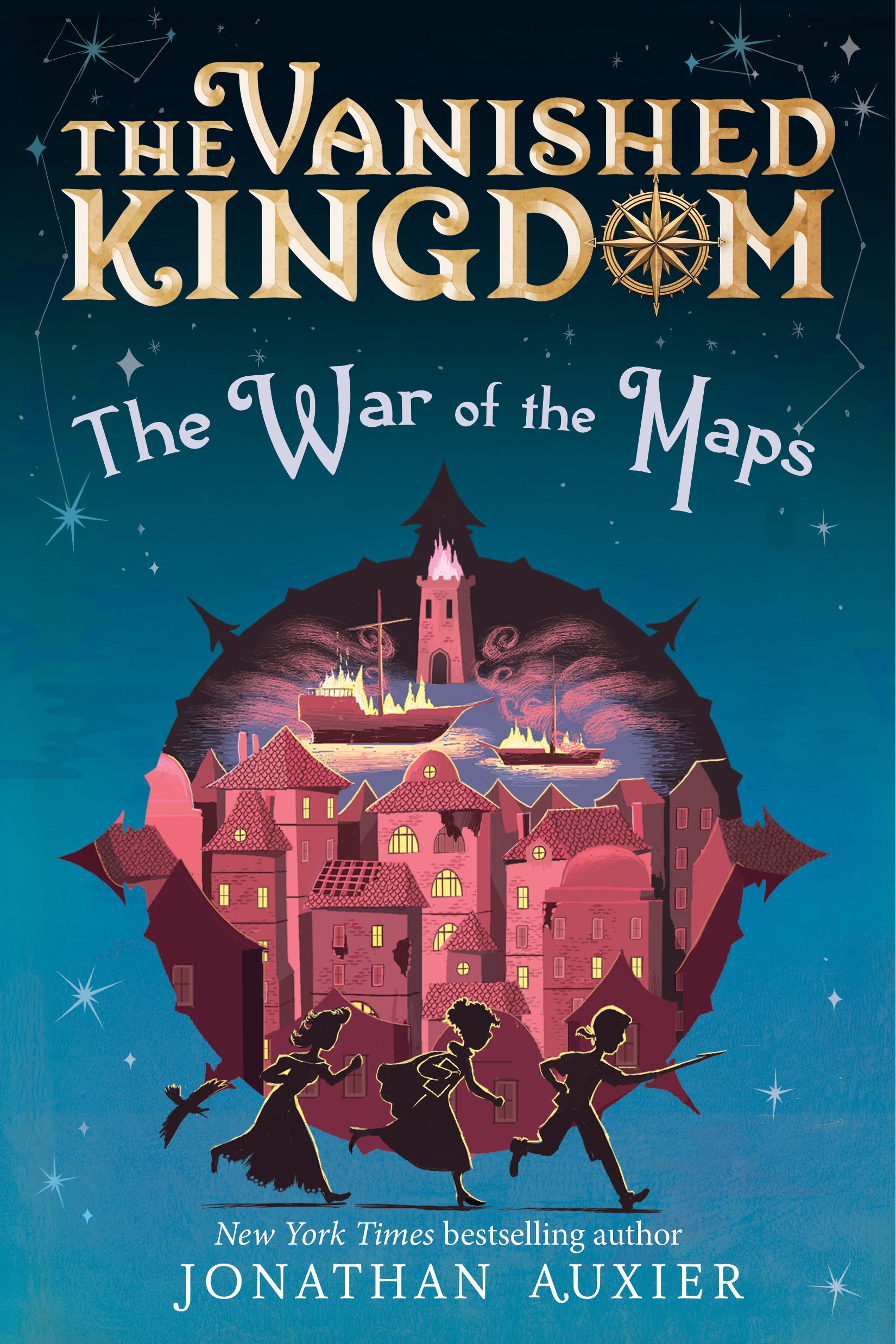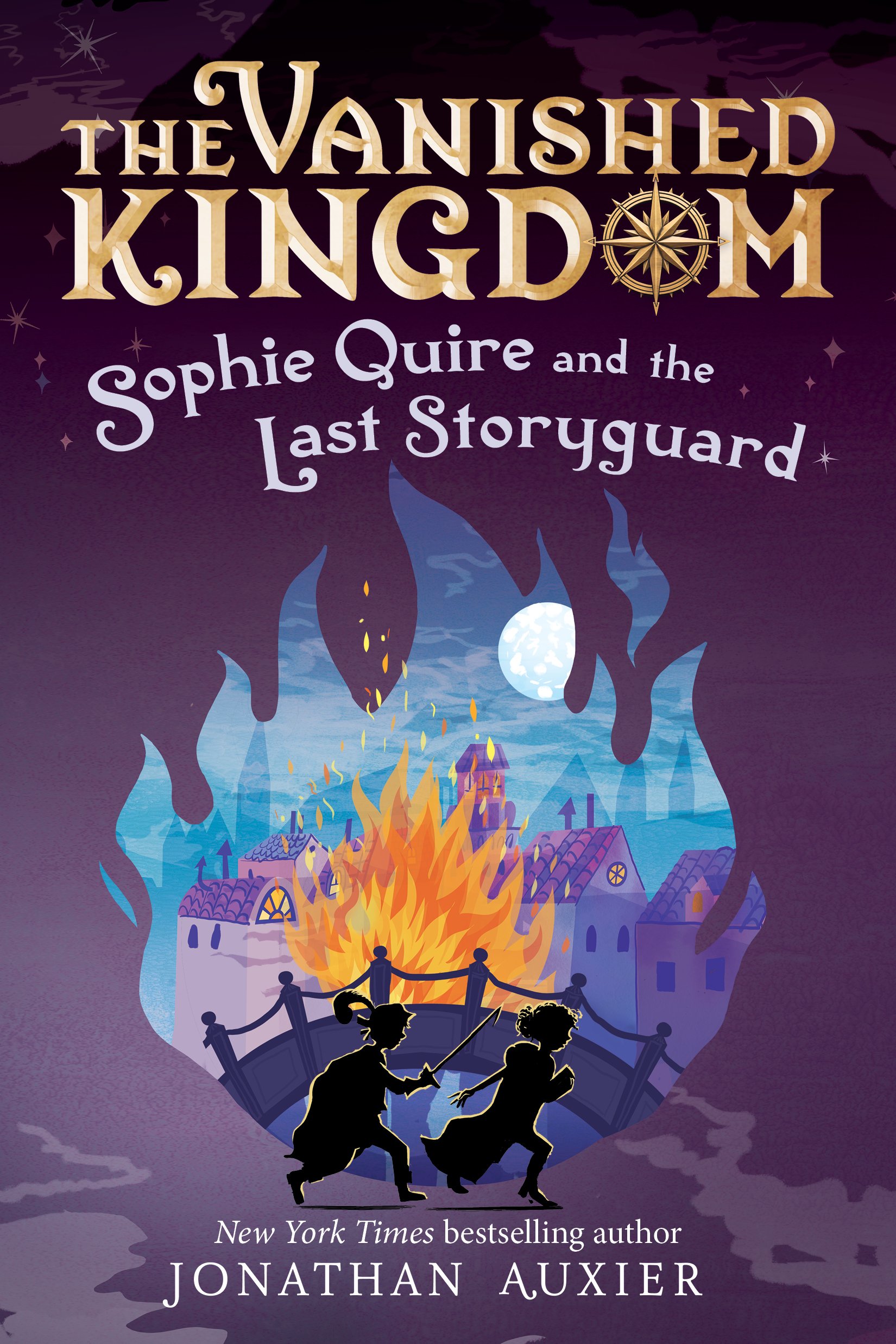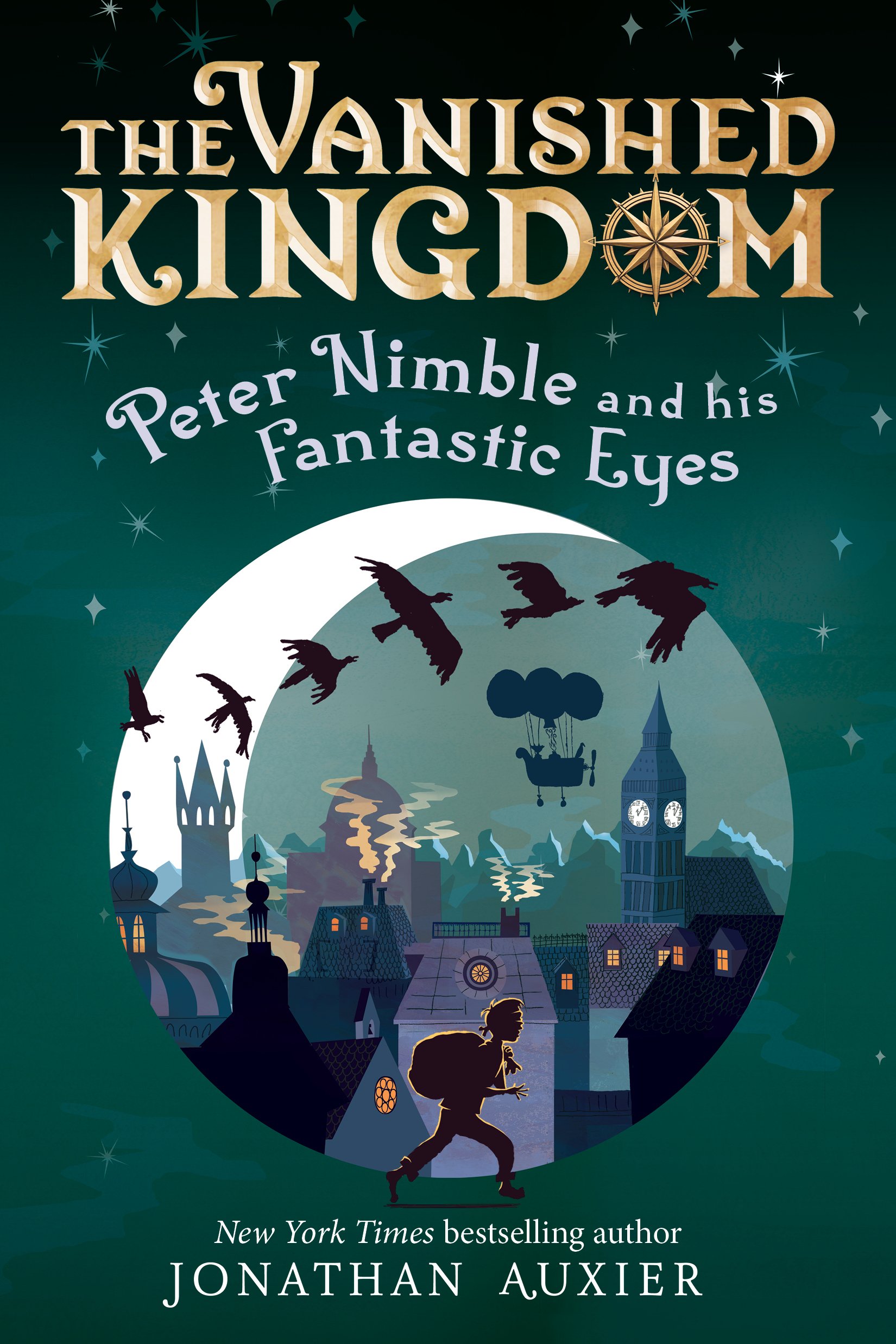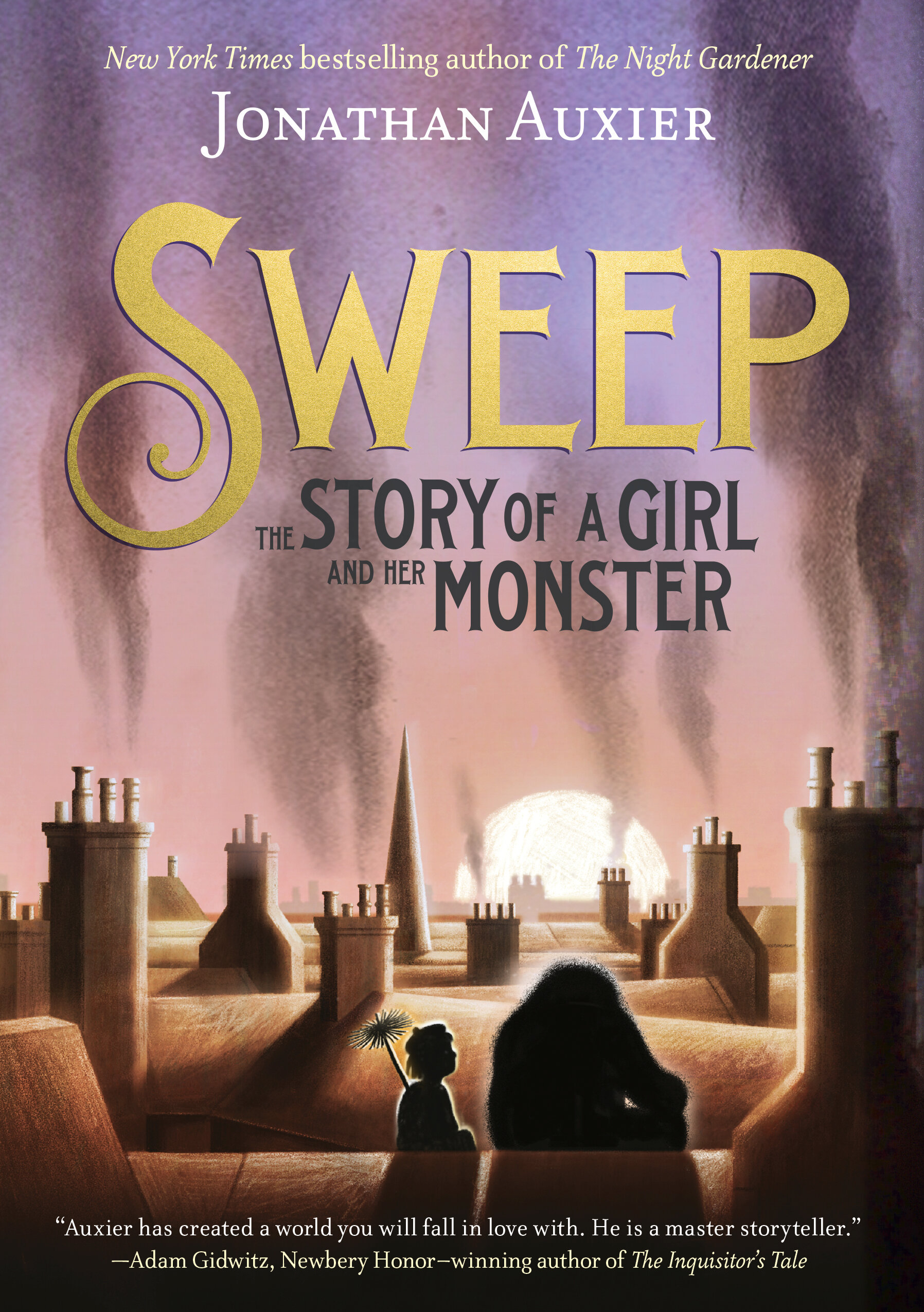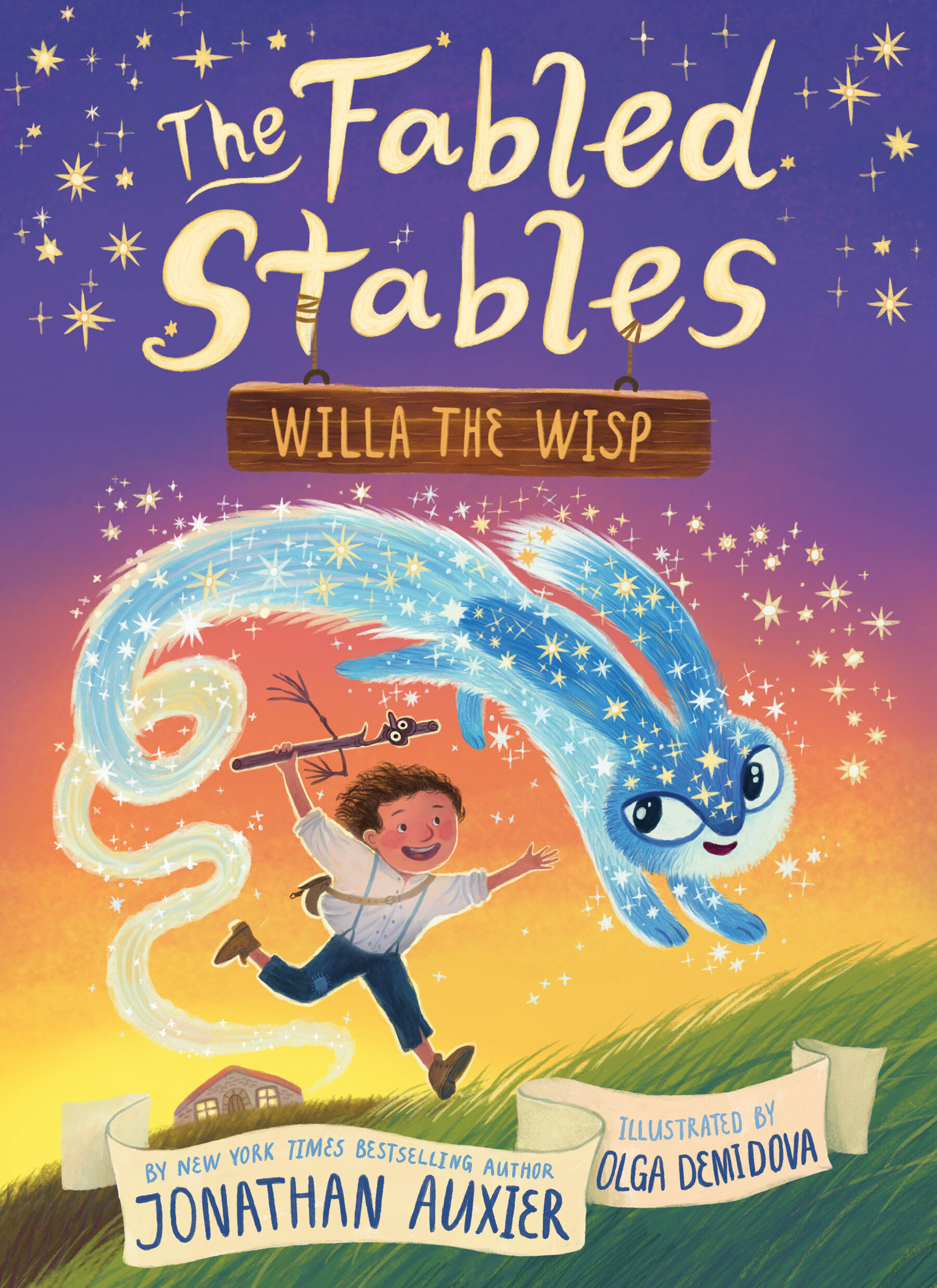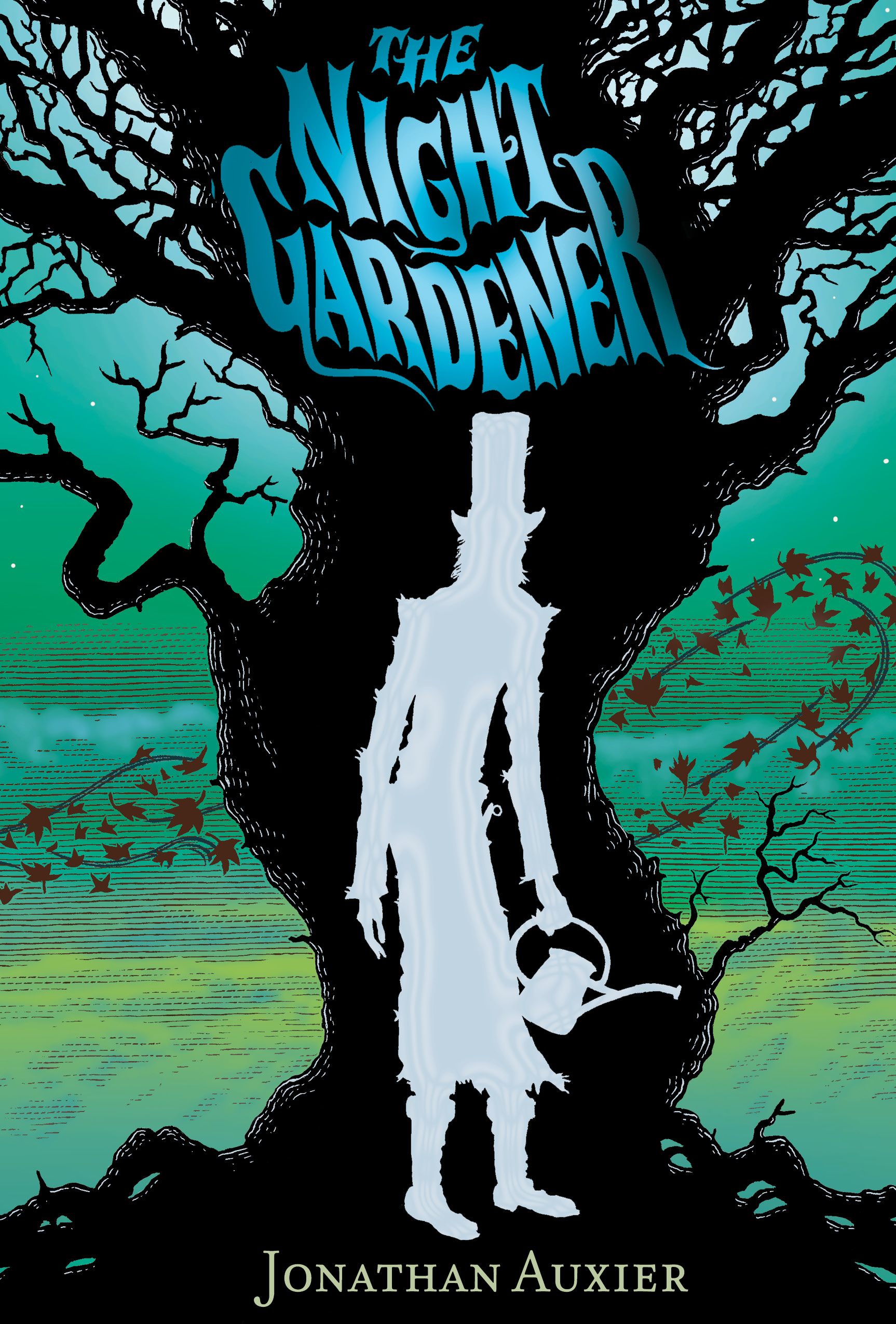CORAL ISLAND and the Childlit Mentor
/For those of you just joining the conversation, my wife and I are currently team-teaching a children's literature course. Last week's book was R. M. Ballantyne's 1857 adventure The Coral Island. Instead of summarizing the plot[1. 1. Three boys get shipwrecked on the island. They get along splendidly. Then some pirates come and ruin everything. Also, cannibals.] or discussing its literary significance[2. 2. Coral Island is considered by many to be the first boy's adventure novel; it is also the book that provoked William Golding to write The Lord of the Flies (as a rebuttal)], I thought instead I could talk about a certain character relationship that the book depicts -- one that traces back to Homer's Odyssey and lives on today in books like Harry Potter. It is the relationship between a boy and his mentor.
The Mentor in The Coral Island. In the second half of the book, fifteen year-old Ralph gets kidnapped by pirates. He spends many days on this ship, surrounded by cutthroats and monsters. Among the crew, however, he finds a man named "Bloody Bill":
This man, although he was always taciturn and often surly, was the only human being on board with whom I had the slightest desire to become better acquainted. ... Once or twice I tried to draw him into conversation, but he always turned away after a few cold monosyllables.
Ralph soon befriends Bloody Bill and learns the true nature of his character -- namely that Bill is a sensitive man, wracked with guilt over his wicked deeds. The relationship between these two only spans a few chapters, but it acts as the emotional center of the novel. Without Bill, this would just be another book about some kids surviving on an island.
I find this child/mentor dynamic particularly compelling as an adult reader of children's books. It forces me to question whether the adults in my own life were so deeply invested in me -- people that I once perceived to be cold and indifferent. Usually after reading such books, I have an overwhelming desire to call my parents and teachers[3. 3. This is no accident. The word "mentor" actually comes from the character of the same name in Homer's Odyssey. In the poem, Mentor is a wise old man who looks after Odysseus' son in his absence. In English today, it is a word for someone in a role that is equal parts parent and teacher.].
The Mentor in Contemporary Children's Literature. To be honest, child/mentor relationships were on my brain long before I picked up The Coral Island. It all started when I read D. M. Cornish's "Foundling" trilogy over Christmas[3. 3. A special thanks to Betsy Bird and her wonderful Factotum review for putting these books on my radar!]. Cornish seems to compulsively render the child/mentor dynamic between his young hero Rossamund and ... every adult character in the series:
 Well, maybe not every adult character. But shades of this trope show up repeatedly. (I don't blame Cornish for repeating this dynamic -- he writes it very well.) With both The Coral Island and the "Foundling" books, I'm not just talking about a pairing of an old character with a younger one. Rather, it's about the layers of understanding going on between those two characters. In both texts, I see a consistent theme of a young person struggling to comprehend an older caretaker.
Well, maybe not every adult character. But shades of this trope show up repeatedly. (I don't blame Cornish for repeating this dynamic -- he writes it very well.) With both The Coral Island and the "Foundling" books, I'm not just talking about a pairing of an old character with a younger one. Rather, it's about the layers of understanding going on between those two characters. In both texts, I see a consistent theme of a young person struggling to comprehend an older caretaker.
When I think of other contemporary examples of this dynamic, my mind goes straight to Harry Potter and Albus Dumbledore:
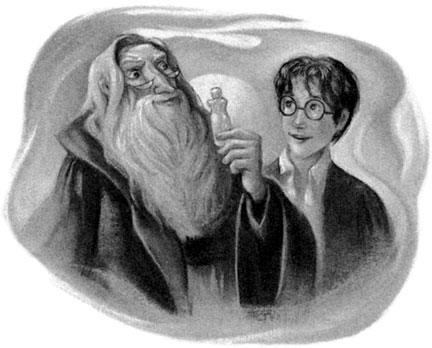 To my thinking, this relationship stands out as being the real story in the "Harry Potter" series. Each volume moves Harry closer toward understanding just how much this enigmatic old wizard cares for him -- even when he appears distant. At the end of every adventure, Harry receives a "reward" in the form of a conversation with his mentor, who reveals the ways in which he has been watching and helping from a distance. These conversations are the climax of personal growth ... just as they are for Rossamund Bookchild and Rover Roger.
To my thinking, this relationship stands out as being the real story in the "Harry Potter" series. Each volume moves Harry closer toward understanding just how much this enigmatic old wizard cares for him -- even when he appears distant. At the end of every adventure, Harry receives a "reward" in the form of a conversation with his mentor, who reveals the ways in which he has been watching and helping from a distance. These conversations are the climax of personal growth ... just as they are for Rossamund Bookchild and Rover Roger.
The Mentor in Adult Literature. With the above examples in mind, I tried to think of some child/mentor relationships that predate children's literature. The only thing I could come up with was Thomas Mallory's Le Morte D'Arthur. My friend Doctor Comics is publishing a book on Arthurian legends, and so I asked him about the relationship between King Arthur and Merlin. He told me that the original Arthur texts don't really capture the dynamic I was looking for -- in fact, it wasn't until T.H. White's depiction in The Sword and the Stone in 1938 that Merlin-as-mentor really emerged.
So it wasn't until Arthur was re-written for children that the child/mentor dynamic really came through? Huh. With this new revelation, I started to wonder whether the relationships that I find so moving are actually unique to the genre. Maybe there is something about children's literature -- which is meant to be read by both children and adults -- that captures this child/mentor relationship in a way that adult literature cannot?
I have no idea whether this is true. But a part of me suspects it may be so. In the meantime, I'm sure I've forgotten a lot of great child/mentor relationships from children's books. You should let me know in the comments.
UPDATE: I wanted to give a special welcome to any readers visiting from Fuse #8! I like to think of the comments section as that "reward" that Harry (me) gets to have with Dumbledore (you) at the end of an adventure -- in which wise readers tell me why I'm wrong about this or that thing. So please, pull up a chair, grab some butterbeer, and join the conversation!

